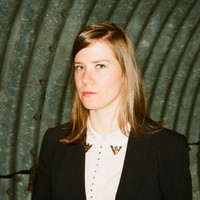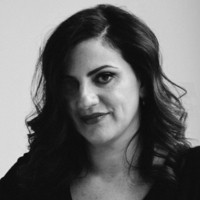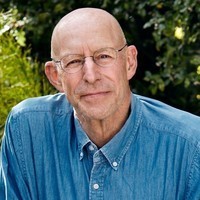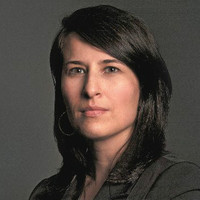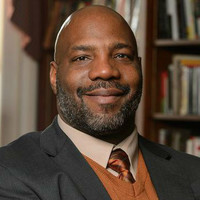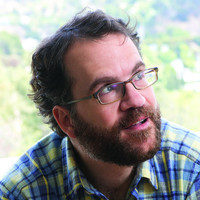Ben Taub is a staff writer at The New Yorker.
“I don’t think it’s my place to be cynical because I’ve observed some of the horrors of the Syrian War through these various materials, but it’s Syrians that are living them. It’s Syrians that are being largely ignored by the international community and by a lot of political attention on ISIS. And I think that it wouldn’t be my place to be cynical when some of them still aren’t.”
Thanks to MailChimp and Tripping for sponsoring this week's episode.




